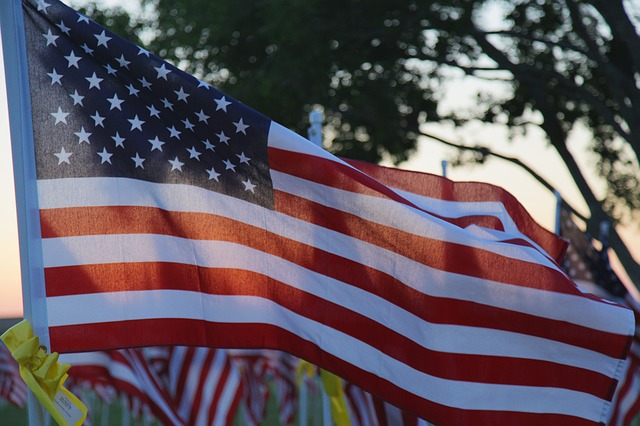Memorial Day is always celebrated on the last Monday in May. In today’s world, it is viewed as a day off from work and school, a time to enjoy the weather and take weekend trips, or stay home and barbeque and enjoy the company of family and friends.
However, Memorial Day’s true meaning is meant to be a day of honoring the men and women who died while serving in the U.S. military. The history of this holiday can go back nearly 150 years.
On May 1, 1865, according to Time, freed slaves gathered together in Charleston, S.C., to honor the death of the Union soldiers and the end of the war.
On May 30, 1868, nearly three years later, the first Memorial Day was declared. According to History.com, Memorial Day was originally called Decoration Day and was created by Gen. John A. Logan, national commander of the Grand Army of the Republic (usmemorialday.org). The day was meant to decorate the graves of all the fallen soldiers across the United States who died in the Civil War, one of the bloodiest wars in U.S. history.
During the first Decoration Day, according to usmemorialday.org, Gen. James Garfield made a speech at Arlington National Cemetery near Washington D.C, and 5,000 participants decorated the graves of the 20,000 soldiers buried there, both Union and Confederate.
General Logan picked May 30 because it was not the anniversary of any particular battle. By 1890, according to History.com, all Northern states made Decoration Day an official state holiday.
The South refused to follow this day and celebrated on a separate day until after World War I, when Decoration Day no longer just honored the dead from the Civil War.
World War I was a time when the United States saw itself involved in another major conflict, but this time across seas. PBS.com recorded that 116,516 U.S. soldiers died in World War I. To honor those fallen soldiers, Decoration Day expanded beyond the Civil War’s fallen to encompass all fallen soldiers in any war America has had or may fight in the future.
One thing that remained hazy in the history of Memorial Day was the location of the origin. However, in 1966 President Lyndon Johnson and Congress declared Waterloo, N.Y., the birthplace of Memorial Day. This is because a ceremony was recorded on May 5, 1866, that honored local veterans who fought in the Civil War.
According to the U.S. Department of Veterans Affairs, Memorial Day was declared a national holiday in 1971 by an act of Congress. The act moved Memorial Day from May 30 and placed it on the last Monday in May in order to create a three-day weekend for federal employees.
Today, America still takes time to honor all of the fallen men and women in the U.S. military. One tradition that still remains from the Civil War is placing small American flags at the grave of the soldiers.
Memorial Day may be a day off and a time for barbeques and celebrations, but it is also a national holiday to honor all who laid down their lives in protecting America.
Photo courtesy of Pixabay

